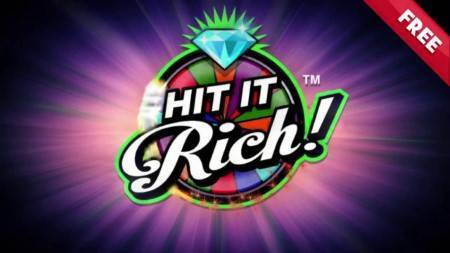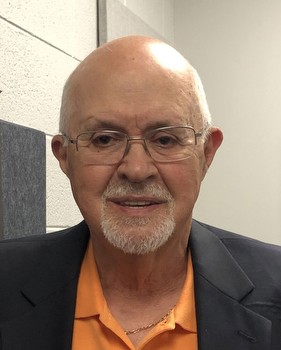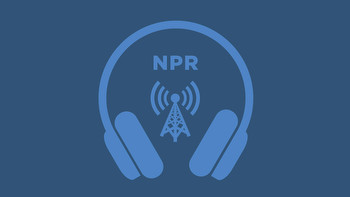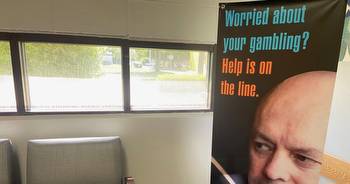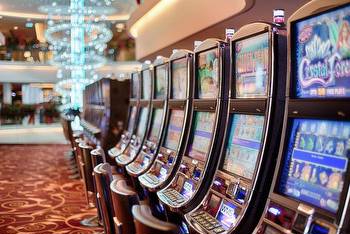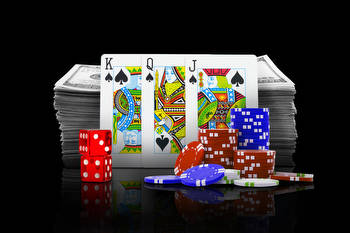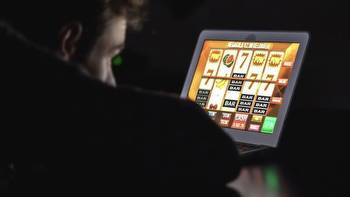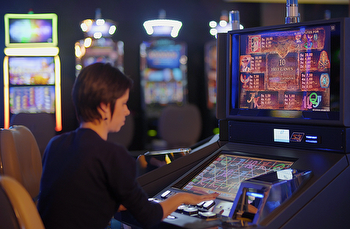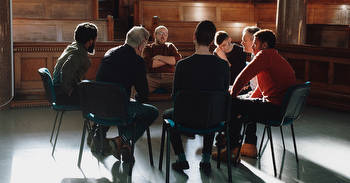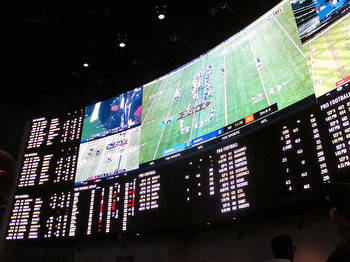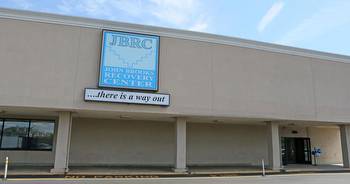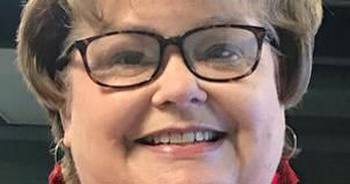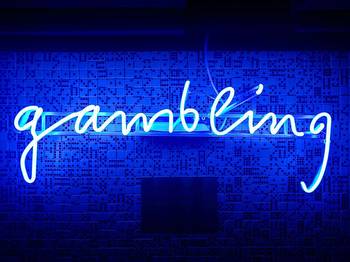South Dakota’s gambling problem

SIOUX FALLS, S.D. (KELO) — A recent study has claimed that South Dakota is the 2nd most gambling addicted state in the union based on gambling friendliness and treatment statistics, noting that South Dakota is among the states with the highest per capita numbers of casinos and gaming machines.
While such studies must be taken with a grain of salt, that does not mean that gambling addiction is not a real problem in South Dakota.
According to the National Council on Problem Gambling (NCPG), an estimated 1.4% of South Dakota adults, more than 10,000, are believed to manifest a gambling problem.
Matt Walz is a representative for Keystone Treatment Center, the only inpatient gambling addiction treatment center in South Dakota. He says that by the time a person with a gambling problem comes in for treatment, they typically have an average gambling debt of about $250,000. “Sometimes it’s much more — we regularly see patients entering treatment with over a million dollars in debt.”
“There are many people who gamble, and they get entertainment value from gambling, and that’s fine,” said Walz. “But there’s a line many people will cross where it becomes a problem and it’s no longer entertainment. That’s where treatment comes in.”
“Revenues from the state of South Dakota [from gambling] are roughly $120 million a year,” said Walz. “About half the take is from video lottery alone.”
Walz says that while some of that revenue comes from tourists travelling through the state, a large portion also comes from South Dakotans who can’t afford to spend that money, or who have a gambling disorder. He says patients often talk about a severe sense of desperation they feel when they’ve gambled away large sums of money.
“They speak to us about their addiction — they often talk about a severe sense of desperation they feel — when they’ve gambled away their paycheck and they don’t have enough money to pay their rent, food, other necessities,” said Walz. “Maybe they feel shame — that are their options?”
Walz says that most gamblers entering treatment feel they have two options: committing crimes to get money, or consideration of suicide. He says the most common crimes committed are theft, burglary, robbery or embezzlement.
“As for suicide,” Walz continued, “compulsive gamblers have the highest rate of suicide than any other addiction.”
Walz says most compulsive gamblers go to great lengths to conceal financial secrets. “When they lose really big, they face that point of desperation, and at the point of desperation, they consider suicide at a much higher rate than people with alcohol or other drug use disorders do,” he said.
State Rep. John Mills (R-Volga) has been working for several years in the state legislature to try to address the issues he sees with gambling in South Dakota. “Predominantly from trying to ween the state from the state’s addiction to the gambling revenue, particularly video lottery,” he said.
“Video lottery is just a very dangerous and aggressive form of gambling,” said Mills. “It’s highly addictive — the most addictive form of gambling there is.”
Mills says that he feels it is wrong for the state to promote video lottery gaming. “It’s a state run business, and it hurts people. I just find that unconscionable that our government is in the business of hurting people in order to get their money.”
South Dakota was the first state in the nation to allow video lottery in 1989, and since then, only seven more have followed suit; Delaware, Georgia, Illinois, Louisiana, Montana, New York, Oregon and West Virginia.
“I think the other states [that have not allowed video lottery] just have watched and recognized that it’s a very destructive form of gambling.”
Mills went on to cite research that claimed that video lottery can produce a problem gambler in less than a year, as opposed to traditional gambling.
In the past Mills has introduced bills that range from increasing the amount of revenue the state claims from video lottery machines, to allowing local municipalities to ban them. None of his bills have made it through. He has had only one success.
“The only thing I’ve been able to get through is a resolution,” Mills said after a brief chuckle “that legislators recognize that there’s a problem.” A resolution has no force of law, however.
There also appear to be ties between gambling addiction and other substance use disorders.
Walz says it is very common to have gambling addicted patients also have other addictions. “They may have a gambling disorder, but they also have an alcohol or drug use disorder,” he said. “So they’re drinking and they’re gambling at the casino while they’re drinking, and then suddenly there’s a gambling problem.
Walz said that clients with drug addictions have also said that the number one place they buy meth is at video lottery casinos.
Mills is also concerned about the societal cost of gambling. “I can’t help but think of the kids that are hungry because dad stopped off at the casino and spent his paycheck — there’s just all these issues with it — it’s tied up in spouse abuse; it’s tied up in drug addiction — it just preys on society.”
When it comes to treatment for a gambling disorder, Walz says that a number of things are involved.
“One is withdrawal and detox from gambling,” Walz said. “Most people don’t realize compulsive gamblers go through detox when they stop. That’s why it’s very hard for many to stop completely.”
Another aspect is trauma informed treatment. “Many have experienced trauma in their lives or stress — sometimes as a result of their gambling,” Walz said.
“In the treatment field, we’ve seen almost everything,” Walz said. “We believe in hope for recovery; we believe that recovery is possible, no matter how far down a person has gone; if they’re still breathing, we have hope for them.”
If you or someone you know is struggling with a gambling addiction, you can find help at the following resources.







